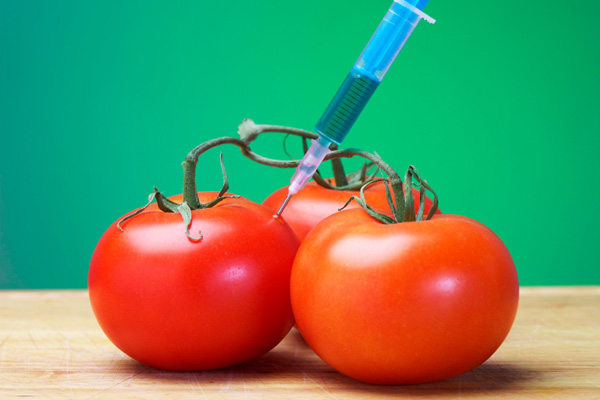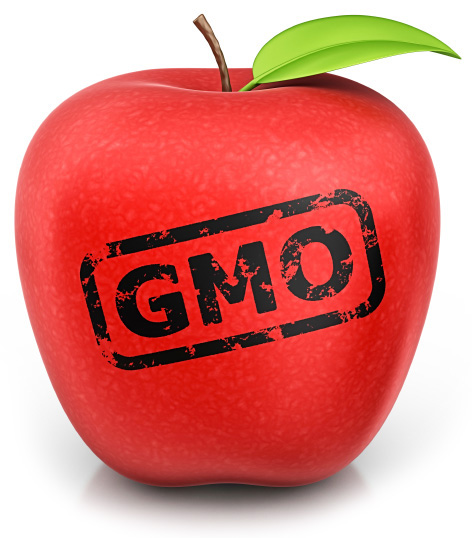
GMOs are awful, vile things that should never be eaten by anyone, ever. If you follow much of the food debate, undoubtedly you've heard someone utter that statement or something similar to it. A lot of food pundits are highly against GMOs and many hope to have them permanently removed from the American and international food supply.
A careful look at both sides of the issue

Perhaps in a perfect world, there would be few, if any, genetically modified foods. However, given the demands of the modern food supply, it may prove difficult to eliminate them and maintain our current food access. The matter is further muddled by the fact that not all genetic modifications are created the same and range from invasive and nearly indefensible modifications to less intrusive modifications. Here, then, is an attempt to cut through the emotions and haze that surrounds this issue and discuss why we have GMO foods. There won't be judgments on GMOs as a whole, but rather an attempt at clarity on this at-times divisive issue.
However, before we can look at the arguments for and against genetically modified organisms , let's talk about what they are. For the purposes of this discussion, "GMO" refers to foods that have had part of their genetic structure changed through mutation, insertion of new genes or deletion of existing ones using techniques outside naturally occurring processes. In other words, GMO foods come from seeds and stock made with science in a lab, not pollination and crossbreeding in the field. Is it okay to let biotechnology make genetic modifications to our food instead of letting nature do it? Let's find out.
Pro: Hardier crops
Scientists didn't decide to tamper with the genetic structure of the food we eat for the fun of it. Much of the work and research that went into GMO crops was to produce food that can last longer and is better able to stand transport from field to table. Given the nature of our current food industry where it can take days for harvested fruits and vegetables to reach the store, having food that is resistant to aging and the rigors of transportation isn't a bad thing. In fact, it actually keeps food costs down because it reduces spoilage and leads to more food on the shelf.
Pro: Tailoring for specific environments
Not only are GMO foods hardier for transport, they're also hardier in the field. GMO crops can be modified so they grow with less fertilizer, pesticide, water, in warmer or colder temperatures, etc. The end results are seeds that yield more per acre than non-GMO seeds, which is not a bad thing for the farmers who have to earn a living selling their crops.
Con: Some seeds are no longer viable
One of the less beneficial factors to consider when planting GMO crops is that often the seeds are not viable, which means you cannot save the seeds and replant them next year. This is obviously unnatural as the whole point of seeds is to carry on the plant line. Having seeds that cannot reproduce can endanger our food supply in times of crisis and forces growers to repurchase their seeds year after year.
Con: Some contain strange allergens
One of the stranger side effects of genetically modifying foods comes when you splice together genes from different strains of food. For instance, in the '90s, scientists attempted to make tomatoes hardier by mixing tomato and peanut genes. This produced a stronger plant, but it also caused people with peanut allergies to have terrible allergic reactions and, in a few cases, die. While we hope that scientists have learned their lessons from these episodes, there may still be non-obvious mixtures in the future that could cause as-yet unknown health risks.
![]() The verdict
The verdict
It falls to each of us to determine whether we are going to buy GMO foods or not. The important thing is to be educated on why the issue of GMO crops is important and to make the decision that is right for each of us.
More thoughts on eco-friendly food
The ABCs of eco-friendly eating
Eco-friendly tips: How to eat to save the planet
15 Eco-friendly reasons to buy organic meat and dairy